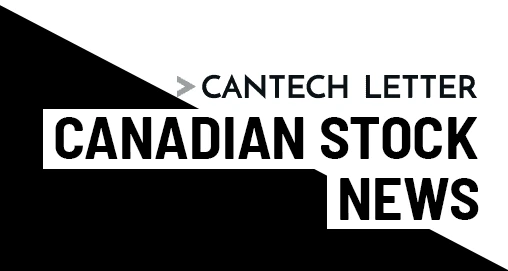Cantech Letter interviews Robert Falls, CEO of ERA Carbon Offsets

The debate over whether carbon offsets work in the real world is a long, complicated and, ultimately, incomplete one. Some argue that the concept of ‘additionality”, the idea that the consumer is unaware whether an offset solution would have happened regardless of the additional funds, renders the market ripe for scandal. Others say carbon offsets are the earliest form of establishing and enforcing a financial aspect to pollution. Clearly, the market is evolving. When the US Federal Trade Commission began to hold hearings on increasing transparency and regulating marketing claims, a list of trusted vendors, such as TerraPass and Carbonfund.org began to emerge. Vancouver’s ERA Carbon Offsets (TSXV:ESR) is a recent entry into the game, but has already made great strides in Canada. We talk to ERA’s CEO, Robert Falls:
Robert, ERA Carbon has signed MOA’s with Indian bands, such as the Haisla First Nation and the Chehalis Band Council in British Columbia. Do you think this could be a workable model for a carbon offset solution in the Alberta Oil sands?
Projects undertaken with First Nations are potentially well suited for energy development companies that have a strong CSR (Corporate Social Responsibility) or sustainability policies, that support community programming having co-benefits that go beyond carbon, e.g. biodiversity, local employment, etc. Addressing regulatory requirements regarding CO2 emission management, such as those in Alberta, with such community-based programming, is challenging at this time, as supporting protocols need to be developed on a priority basis. Within this context, at this time First Nations projects involving forest restoration are best suited to CSR requirements, which by nature are voluntary. Lessons learned therein should be applicable to regulatory programs.
Your clients include large corporations, such as Shell Canada, but also smaller entities that are not necessarily for profit such as the University of Waterloo and the Steve Nash Charity Classic. Do you find more differences or similarities in the motivation for these respective entities to adopt Era Carbon solutions?
To date, our programming has primarily been directed to the voluntary and CSR markets. All of ERA’s clients to date, have chosen to participate in offset programming, because they as individuals or organizations have an ethic directed to “giving back” to the environment that sustains us. This ethic would be the common denominator. The differences would be related to the very broad range of activities that are being offset, from the running of a home, to the production of newsprint, to the holding of a sporting or other entertainment event.
Do you have numbers on what kind of growth carbon offsets are experiencing? What percentage of multinational corporations for instance, have engaged in carbon offset programs?
Since I began monitoring offset activity in the late 90’s, the numbers have been growing steadily. With respect to the voluntary markets that are reported by Ecosystem Marketplace, volumes have grown steadily from 11 million tonnes in 2002, to 93 million tonnes in 2009. While there has been some turbulence within this period, the volume growth is clear and sustained. At ERA, our first year of sales in 2005 netted just over 1500 tonnes of sales, and have grown every year thereafter. For 2010, we anticipate sales of over 800,000 tonnes. Internationally, and including both voluntary and regulated markets, the industry has grown from approximately zero dollars 20 years ago, to over $144 billion (USD) in 2009.
With respect to the engagement of multinationals, of the largest 500 companies in the world, approximately 35% are participating, or considering participation in offset programming, and this number is no doubt growing annually.
ERA has done work in various places around the world, including Germany, Africa and the United States. Where does Canada rank as a market for carbon offsets? Would you say we are early or late adopters?
Canada represents somewhat of an enigma, both in terms of climate policy, and participation in climate mitigation through programming that includes offsetting. As the largest per capita emitter in the world, endowed with enormous carbon-based energy reserves, the country was quick to engage in the issue domestically, and internationally. However, as a consequence of the strong linkage between growing carbon emissions and growing carbon-based energy development, the country’s climate and energy policies have been at odds for almost two decades. So in terms of climate policy and action, including offsetting, Canada has gone from a recognized international leader, to a follower, apparently awaiting energy and climate policy developments in the U.S. The exception to this is in the CSR or voluntary offsetting space, where forward-thinking Canadian companies have been active for almost two decades.
Nick Waddell
Founder of Cantech Letter
Cantech Letter founder and editor Nick Waddell has lived in five Canadian provinces and is proud of his country's often overlooked contributions to the world of science and technology. Waddell takes a regular shift on the Canadian media circuit, making appearances on CTV, CBC and BNN, and contributing to publications such as Canadian Business and Business Insider.
